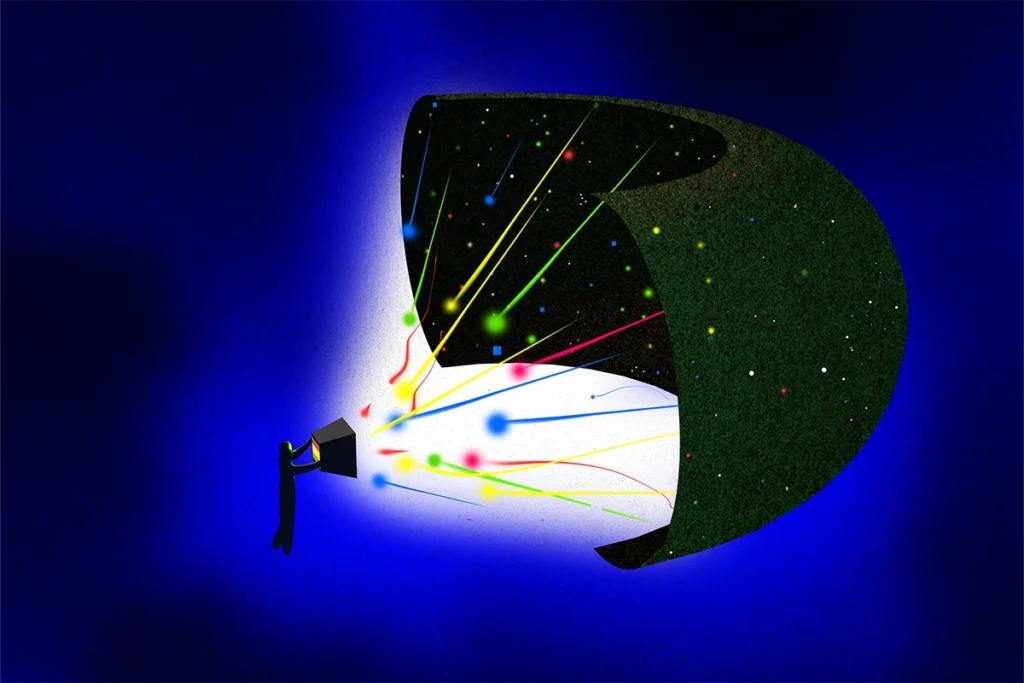Karen Rommelfanger is a neurotech ethicist and strategist. She founded and directs the Institute of Neuroethics’ Think and Do Tank, the first think tank dedicated to neuroethics, working across sectors to promote trusted neuroscience for all. Pioneering neuroethics-by-design approaches, she launched the first neuroethics consultancy, Ningen Neuroethics Co-Lab. Rommelfanger is also associate professor of neurology and psychiatry and behavioral sciences at Emory University, where she established a Neuroethics Program.
Her early career as a Ph.D.-trained neuroscientist organically evolved into neuroethics research exploring how neuroscience challenges definitions of health across cultures and the ensuing societal implications of neurotechnology deployment.
She has published extensively in neuroscience and neuroethics. She is a member of the NIH BRAIN Neuroethics Working Group and co-authored the BRAIN 2.0 Neuroethics Roadmap. A recognized global leader in neuroethics, she has collaborated with and advised policy, research and diplomacy organizations such as the Council of Europe, the U.S. Defense Advanced Research Projects Agency, the Geneva Science and Diplomacy Anticipator, the Organisation for Economic Co-operation and Development, and the World Economic Forum.


